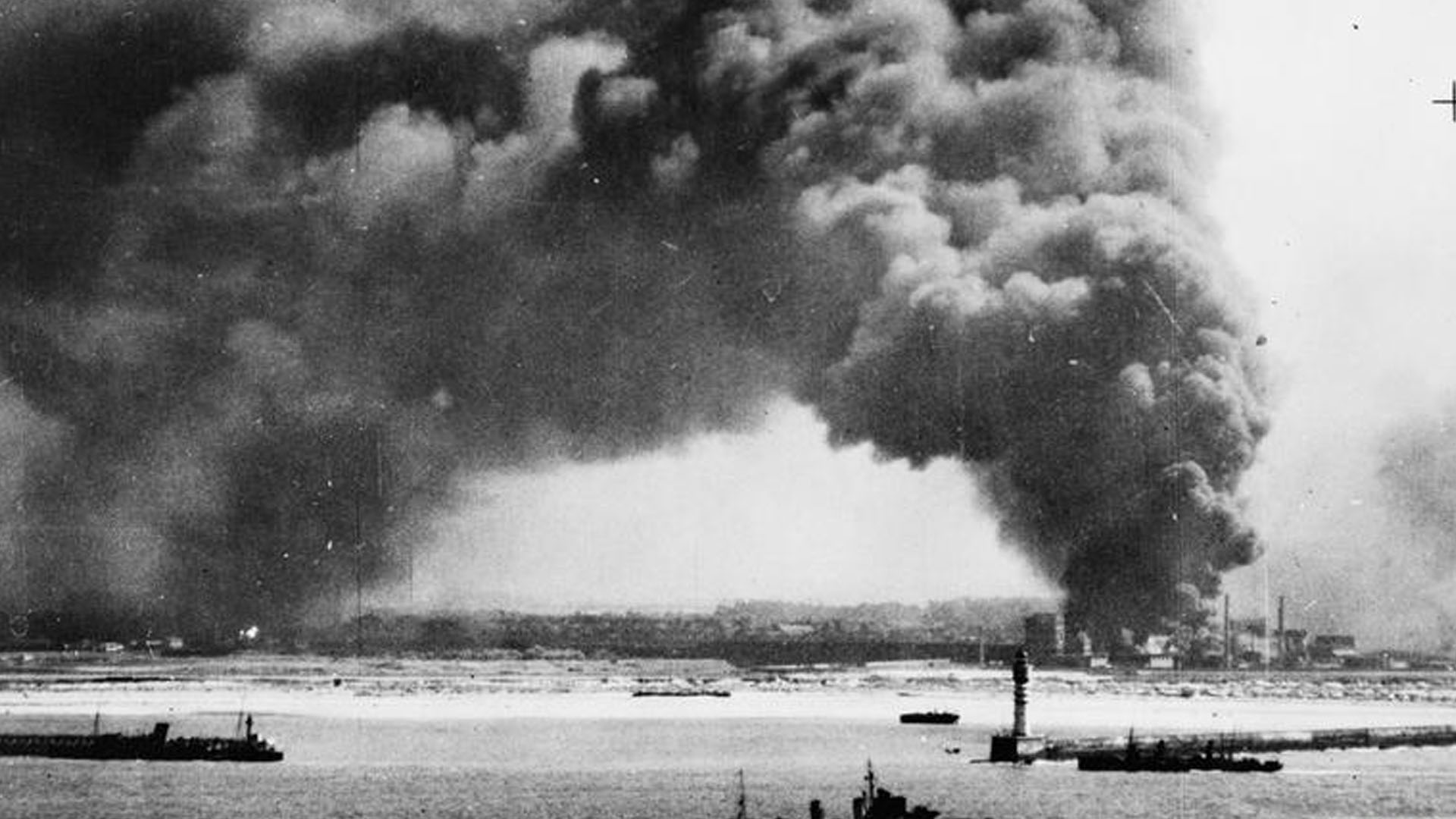Gunner Robert Robinson (1465720) served in the 21st Battery, 8th (Belfast) Heavy Anti-Aircraft Regiment, Royal Artillery during the Second World War. Known as "Charlie", he was born in 1907, the son of John Robinson and Maria Robinson of Shankill Road, Belfast, and the husband of Sophia Robinson of Belfast.
In the 8th (Belfast) Heavy Anti-Aircraft Regiment, he saw action with the British Expeditionary Force at Dunkirk, France. In December 1939, the regiment occupied themselves with the defence of the port of Le Havre. 21st Battery moved to Arras, deployed there in May 1940. By then, fighting was intense and German tanks and machine guns surrounded Robinson’s battery near St. Valery.
Their heavy anti-aircraft guns destroyed and breech blocks removed, the men retreated. Aiding the infantry with small-arms fire, they made their escape at Dunkirk.
On arriving back in the United Kingdom, the gunners took the task of defending against the Blitz. After training in Blackpool, Lancashire, England they departed for cities such as Coventry, Plymouth, and Wolverhampton. By September 1940, the Regiment had concentrated on London as enemy attacks intensified. On 2nd October 1940, they helped extinguish around 2,000 Incendiary Bombs burning the Harrow School.
Remembering Charlie Robinson
Robert died on 14th October 1940 aged 33 years old. On dates between 8th and 16th October 1940, Luftwaffe bombs fell on the Regiment’s barracks at Clapham Common, London, England. A total of 3 service personnel died and 12 more sustained injuries in these attacks.
Robert Robinson’s grave is in Glenalina Extension, Section S1, Grave 176 of Belfast City Cemetery, Belfast.
